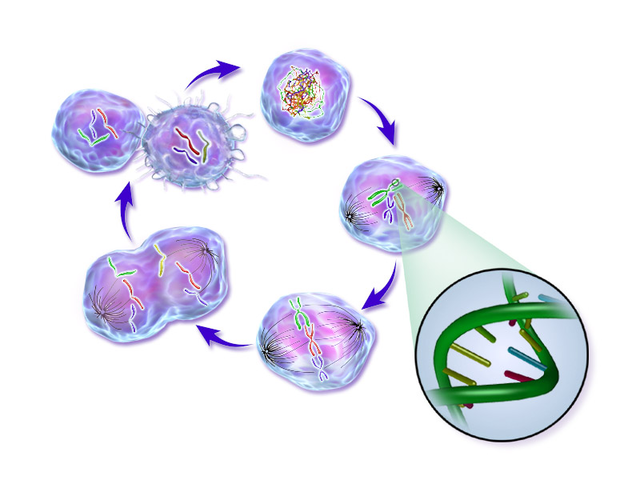A clinical trial has confirmed that the immunotherapy drug nivolumab has the potential to be a “game-changer” in head and neck cancer, according to a study presented at the European Cancer Congress.
According to the study’s results, more patients taking nivolumab survived longer than those treated with chemotherapy. In a second trial, nivolumab combined with another medication successfully sharnk tumors in patients with advanced kidney cancer, The BBC reports.
Immunotherapy is a recently discovered form of cancer treatment that harnesses the power of the immune system to kill cancer cells.
In the clinical trial, 350 patients were recruited. Among those treated with nivolumab, 36% remained alive after one year, compared to 17%of those who received chemotherapy. Patients under immunotherapy also reported experiencing fewer side effects. Head and neck cancer has low survival rates.
In the other trial, 94 patients with advanced kidney cancer were treated with a double dose of nivolumab and ipilimumab. In 40% of them, the treatment reduced the size of the tumors, and one in 10 had no sign of cancer left, compare to just 5% who showed a reduction in tumors after traditional treatment methods.
Nivolumab works by disrupting chemical signals that cancer cells use to convince the immune system that they are healthy tissues, allowing the immune system to attack and destroy the cells.
Professor Kevin Harrington of the Institute of Cancer Research at the Royal Marsden Hospital in London, lead researcher on the head and neck cancer trial, said that this immunotherapy could be a very important step in cancer treatments. “This trial found that it can greatly extend life among a group of patients who have no existing treatment options, without worsening quality of life.”
Head and neck cancer, once it has spread and advanced, is difficult to treat. Harrington welcomes the prospect of having a new form of medication, and is eager to get it approved as soon as possible.
The study was published in the New England Journal of Medicine.
























